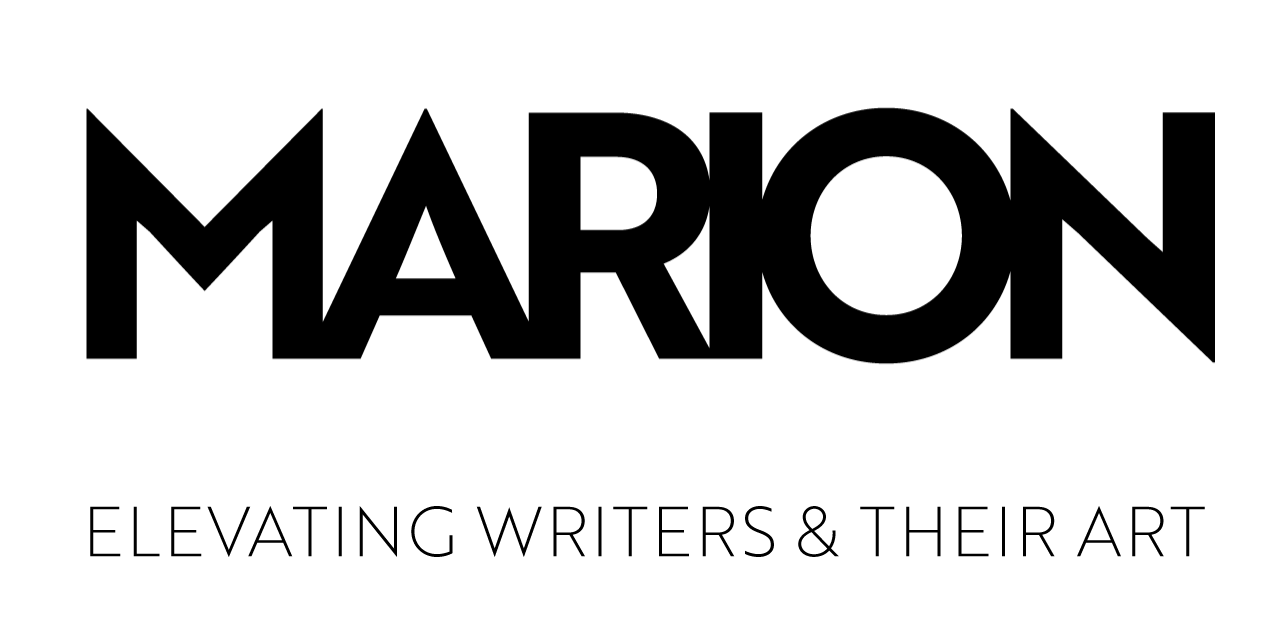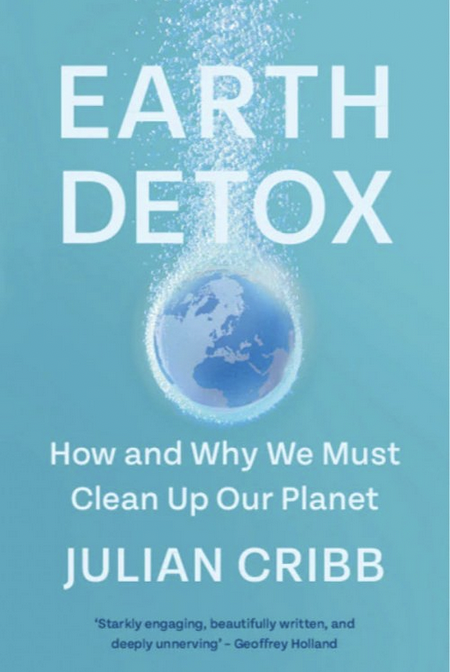Julian Cribb
How to Fix A Broken Planet: Advice for Surviving the 21st Century
“Julian Cribb’s pathbreaking new book, How to Fix a Broken Planet, looks squarely at the existential threats to our life-support systems and suggests how individuals and governments should take remedial action. I only hope people will read him and act.’ Paul Ehrlich, author of The Annihilation of Nature’... probably the most important book I have read. I predict it will be a world changer. It needs to be translated into every language on Earth and made urgently available to politicians and community opinion leaders everywhere ... It offers the reader a sensible and practical path to rescue our human species from early extinction and offers detailed actions for individuals, community groups and governments.”
Do you want to help save human civilisation? If so, this book is for you.
How to Fix a Broken Planet describes the ten catastrophic risks that menace human civilisation and our planet, and what we can all do to overcome or mitigate them. It explains what must be done globally to avert each megathreat, and what each of us can do in our own lives to help preserve a habitable world. It offers the first truly integrated world plan-of-action for a more sustainable human society - and fresh hope. A must-read for anyone seeking sound practical advice on what citizens, governments, companies, and community groups can do to safeguard our future.
Earth Detox: How and Why we Must Clean Up Our Planet
Every person on our home planet is affected by a worldwide deluge of man-made chemicals and pollutants - most of which have never been tested for safety. Our chemical emissions are six times larger than our total greenhouse gas emissions. They are in our food, our water, the air we breathe, our homes and workplaces, the things we use each day. This universal poisoning affects our minds, our bodies, our genes, our grandkids, and all life on Earth. Julian Cribb describes the full scale of the chemical catastrophe we have unleashed. He proposes a new Human Right - not to be poisoned. He maps an empowering and hopeful way forward: to rid our planet of these toxins and return Earth to the clean, healthy condition which our forebears enjoyed, and our grandchildren should too. A terrifying yet hopeful account of the effects of man-made chemicals on us all
Quantifies the total global chemical impact on the planet and humanity, and shows what a major catastrophic risk this poses for the health and safety of individuals and society
Describes the Anthropogenic Chemical Circulation, a deadly phenomenon six times larger than our total greenhouse gas emissions
Links chemical emissions to the daily lived experience of the reader
Presents the arguments for combined global action
Maps a clear path forward to reduce the man-made toxic burden on the individual, society and the Earth, identifying opportunities, methods and strategies to detox the Earth
“In Earth Detox, Cribb shows that humanity’s chemical emissions are a threat to civilization on the scale of climate disruption - slaying more people every year now than any war in human history. On a bedrock of hard scientific evidence, he shows the way for urgent universal action to stem this colossal menace to our future. Another must-read by an outstanding science communicator.”
About the Author
Julian Cribb MA FRSA FTSE is an author and science communicator. His career includes appointments as scientific editor for The Australian newspaper, director of national awareness for the Australian Commonwealth Scientific and Industrial Research Organisation (CSIRO), editor of several newspapers, member of numerous scientific boards and advisory panels, and president of national professional bodies for agricultural journalism and science communication. His published works include over 9000 articles, 3000 science media releases and ten books. He has received thirty-two awards for journalism. His previous books include Food or War (2019), Surviving the 21st Century (2017), and The Coming Famine (2010). As a science writer and a grandparent, Julian is deeply concerned about the existential emergencies facing humanity, the mounting scientific evidence for them, and the deficit of clear thinking about how to overcome them. He does, however, hold out plenty of hope that humanity can overcome these mounting difficulties, with a will, and his books aim to map pathways out of our predicament.


